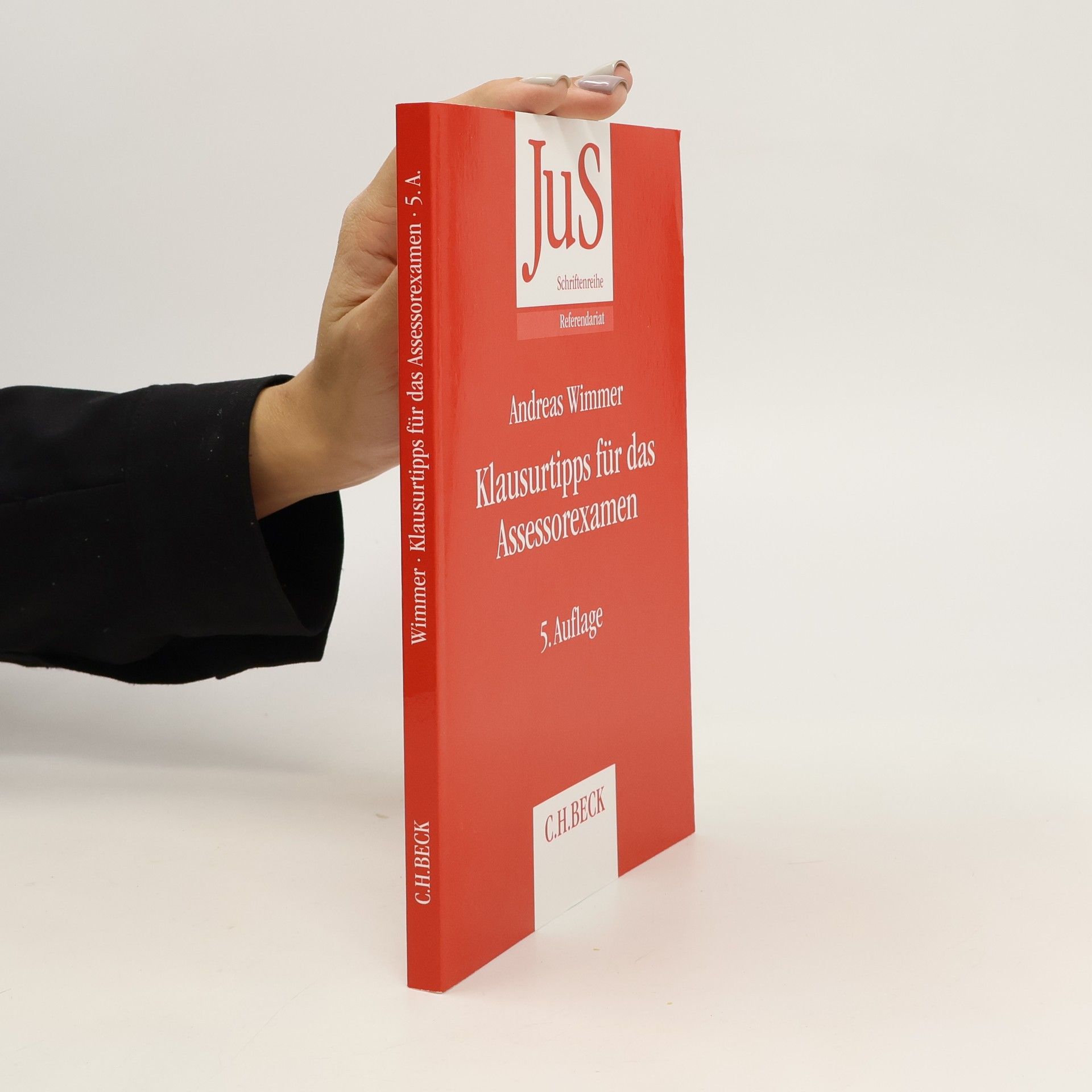Nation Building
- 376bladzijden
- 14 uur lezen
"A new and comprehensive look at the reasons behind successful or failed nation building Nation Building presents bold new answers to an age-old question. Why is national integration achieved in some diverse countries, while others are destabilized by political inequality between ethnic groups, contentious politics, or even separatism and ethnic war? Traversing centuries and continents from early nineteenth-century Europe and Asia to Africa from the turn of the twenty-first century to today, Andreas Wimmer delves into the slow-moving forces that encourage political alliances to stretch across ethnic divides and build national unity. Using datasets that cover the entire world and three pairs of case studies, Wimmer's theory of nation building focuses on slow-moving, generational processes: the spread of civil society organizations, linguistic assimilation, and the states' capacity to provide public goods

